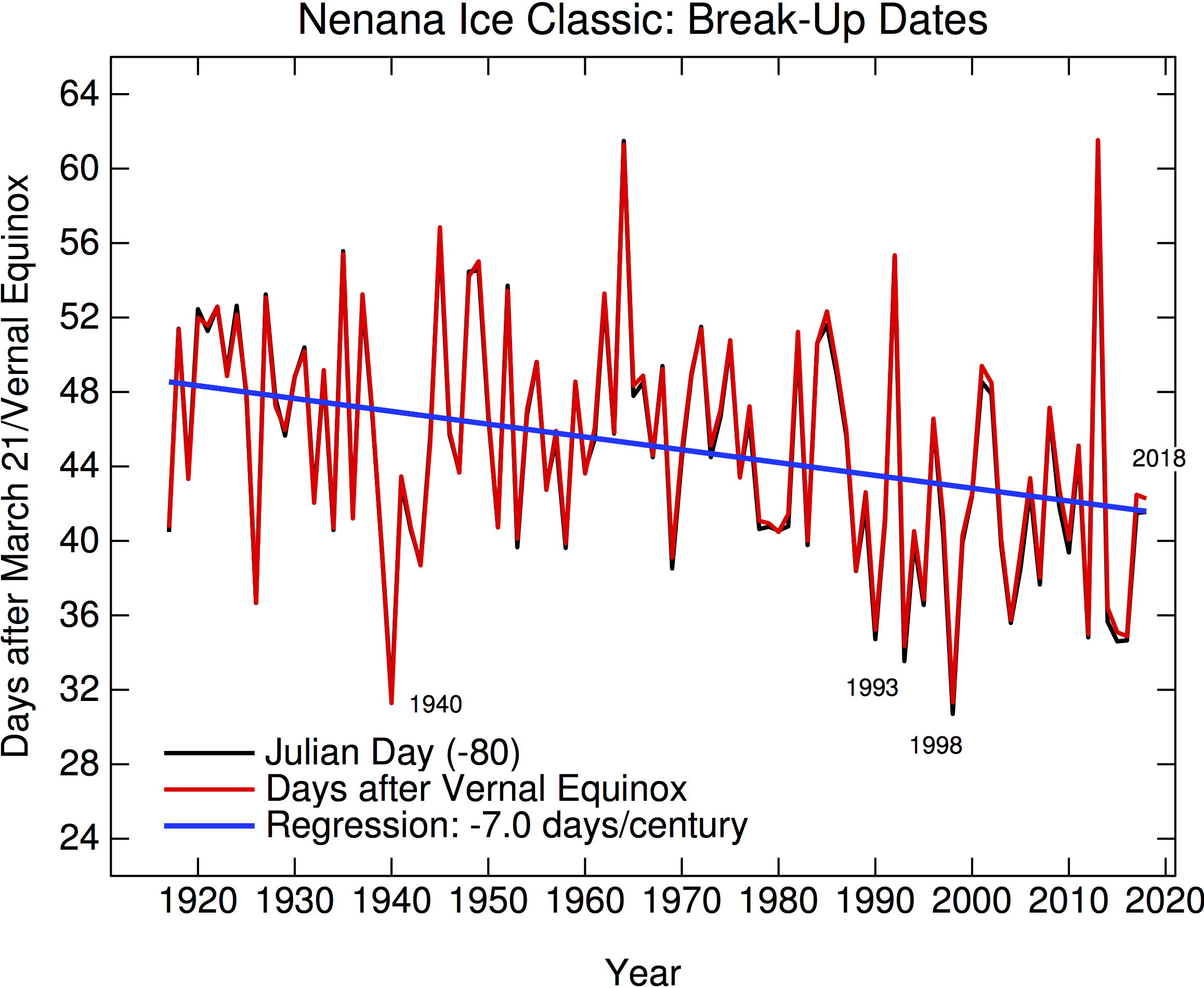The climate system is complex, and a complete description of its state would require huge amounts of data. However, it is possible to keep track of its conditions through summary statistics.
There are some nice resources which give an overview of a number for climate indicators. Some examples include NASA and The Climate Reality Project.
The most common indicator is the atmospheric background CO2 concentration, the global mean temperature, the global mean sea level, and the area with snow or Arctic sea ice. Other indicators include rainfall statistics, drought indices, or other hydrological aspects. The EPA provides some examples.
One challenge has been that the state of the hydrological cycle is not as easily summarised by one single index in the same way as the global mean temperature or the global mean sea level height. However, Giorgi et al. (2011) suggested a measure of hydro-climatic intensity (HY-INT) which is an integrated metric that captures the precipitation intensity as well as dry spell length.
There are also global datasets of indices representing the more extreme aspects of climate called CLIMDEX, providing a list of 27 core climate extremes indices (so-called the ‘ETCCDI’ indices, referring to the ‘CCl/CLIVAR/JCOMM Expert Team on Climate Change Detection and Indices’).
In addition, there is a website hosted by the NOAA that presents various U.S. Climate Extremes Index (CEI) in an interactive way.
So there are quite a few indicators for various aspects of the climate. One question we should ask, however, is whether they capture all the important and relevant aspects of the climate. I think that they don’t, and that there are still some gaps.
[Read more…] about Climate indicators
References
- F. Giorgi, E. Im, E. Coppola, N.S. Diffenbaugh, X.J. Gao, L. Mariotti, and Y. Shi, "Higher Hydroclimatic Intensity with Global Warming", Journal of Climate, vol. 24, pp. 5309-5324, 2011. http://dx.doi.org/10.1175/2011JCLI3979.1
